Introduction
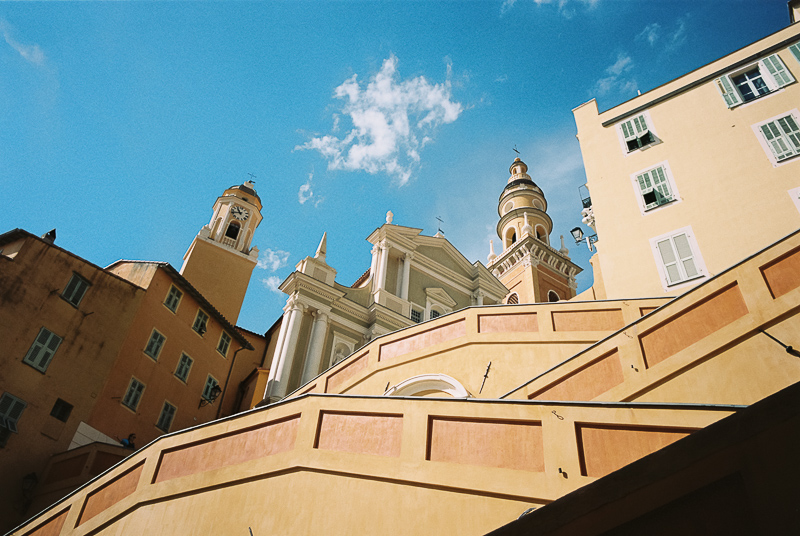
I already shared some of these pictures in my other articles, but I received some comments that you would also sometimes like to know where the pictures in the articles have been taken, so I decided to do that here.
Contents
The journey actually started with a stop-over in Lyon (pleasantly surprised by that city) and the first real stop was Lac du Serre Poncon, but I didn’t shoot film at these locations, so we start with:
Verdon Gorge and Quinson
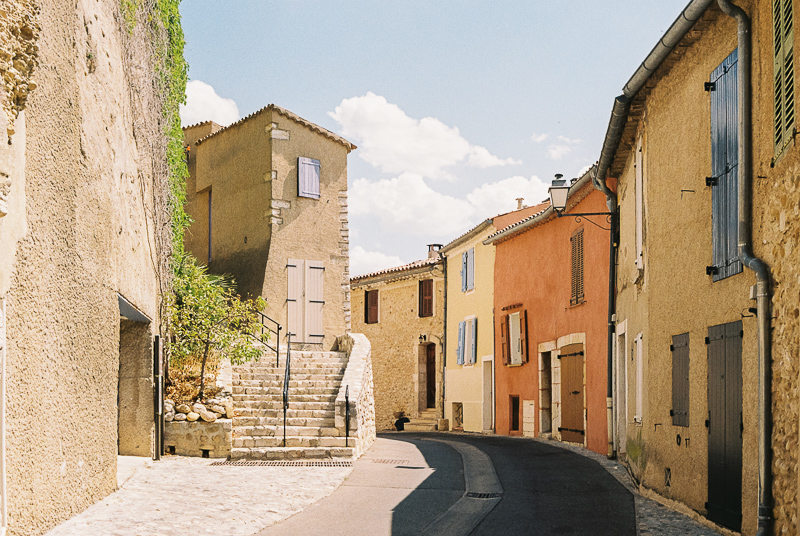
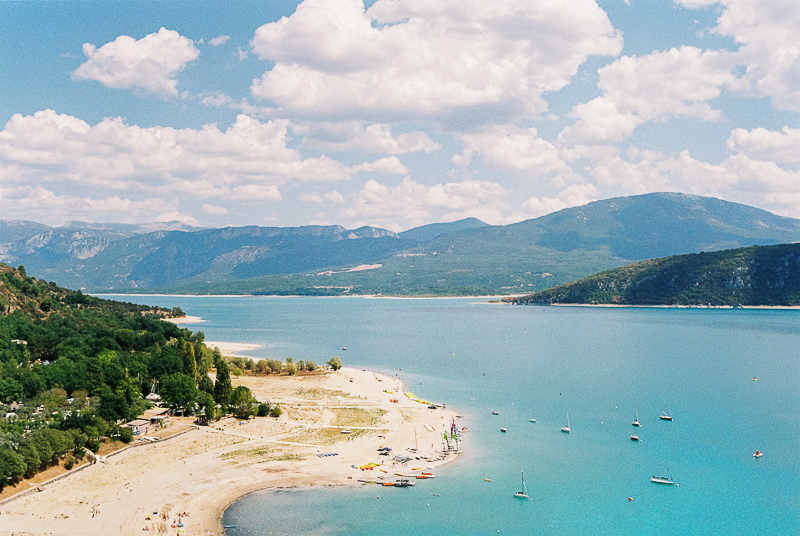
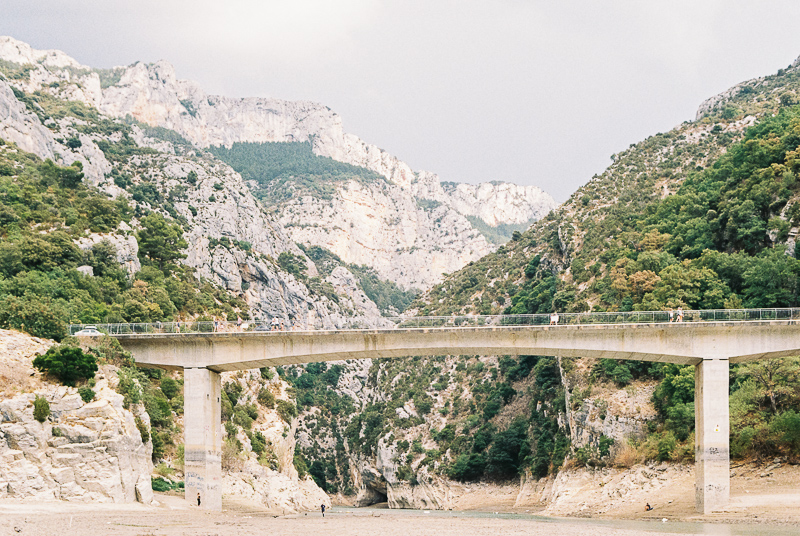
August 2022 wasn’t a great time to visit this part of France, as there was very little water left. So instead of renting a boat to explore the gorge we could actually walk it a bit.
We did enjoy some of the shorter forest walks to lookouts along the road though.
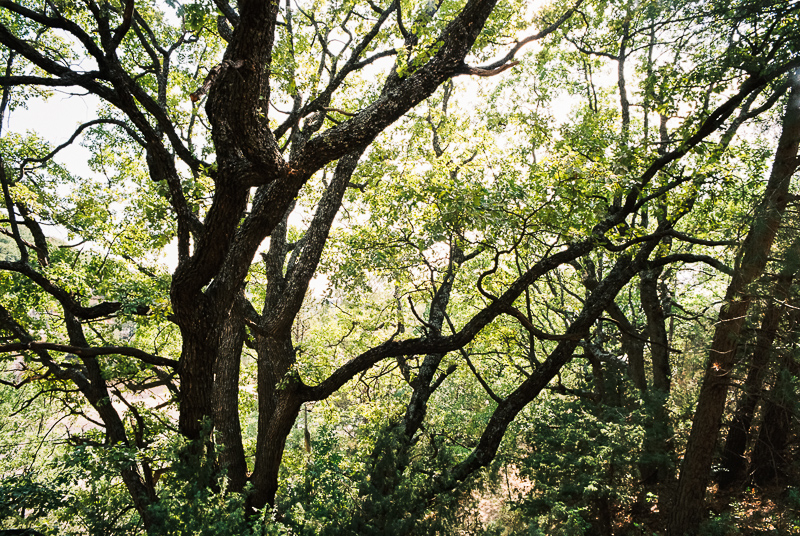
We stayed in a small town named Quinson in a very original hotel with a huge garden.
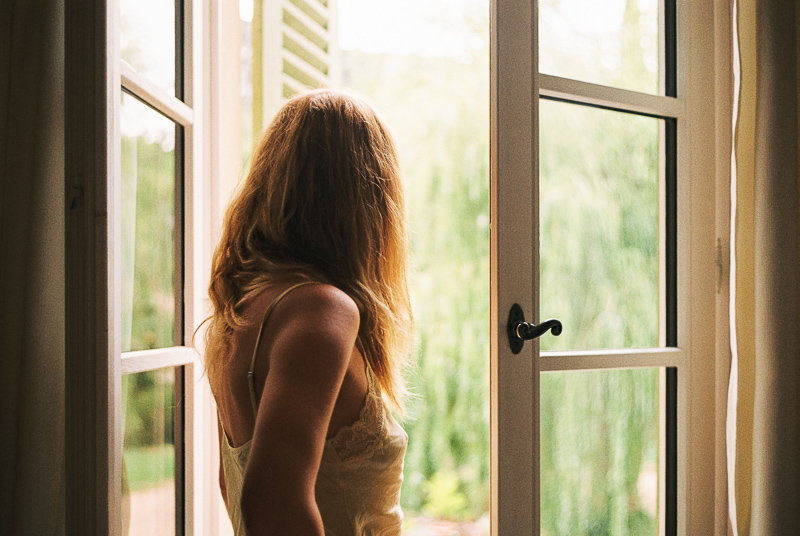
The town itself was very calm and mostly untouched by mass tourism, which cannot be said about the next destinations.
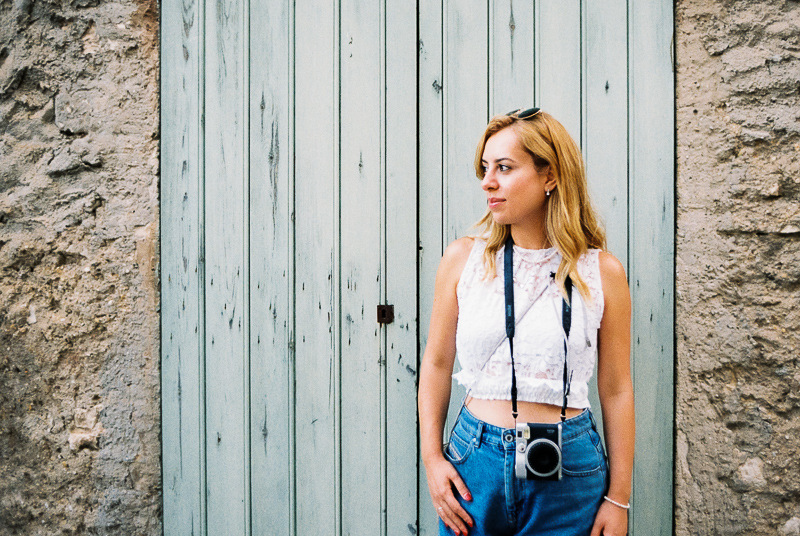
Nice, Viellefranche and Menton
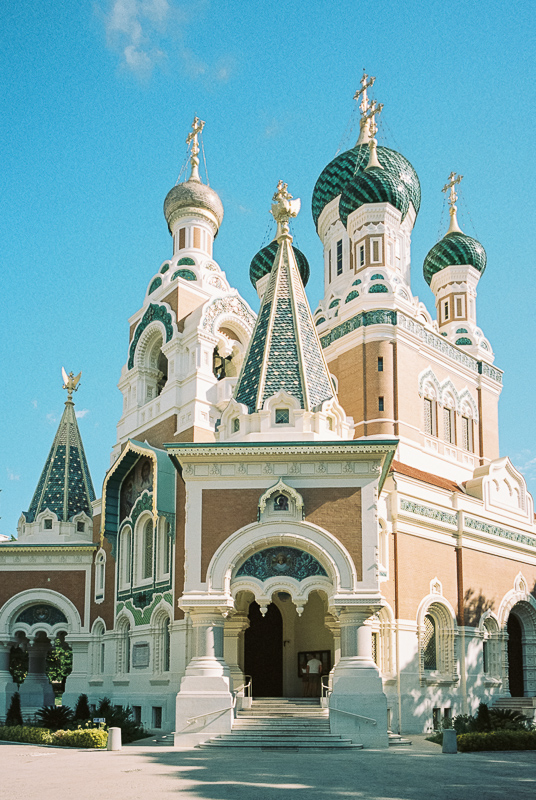
Of course we were visiting the most famous sights, but in Nice there is something to see at every corner.
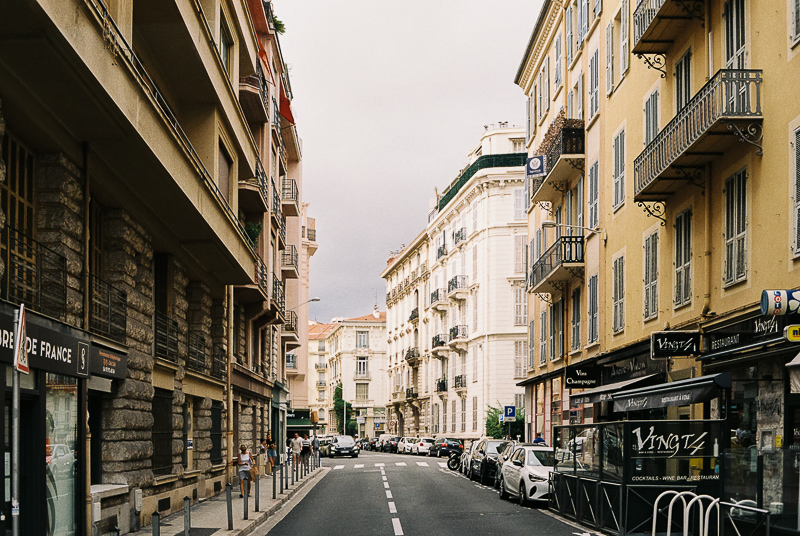
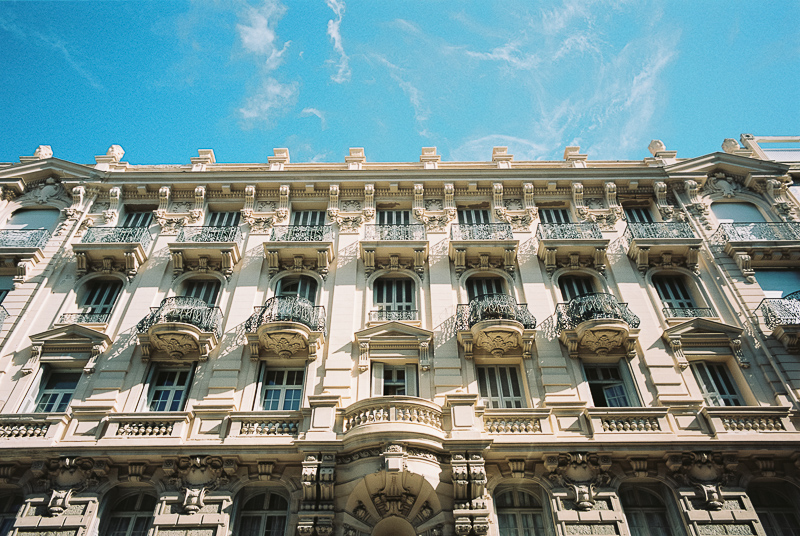
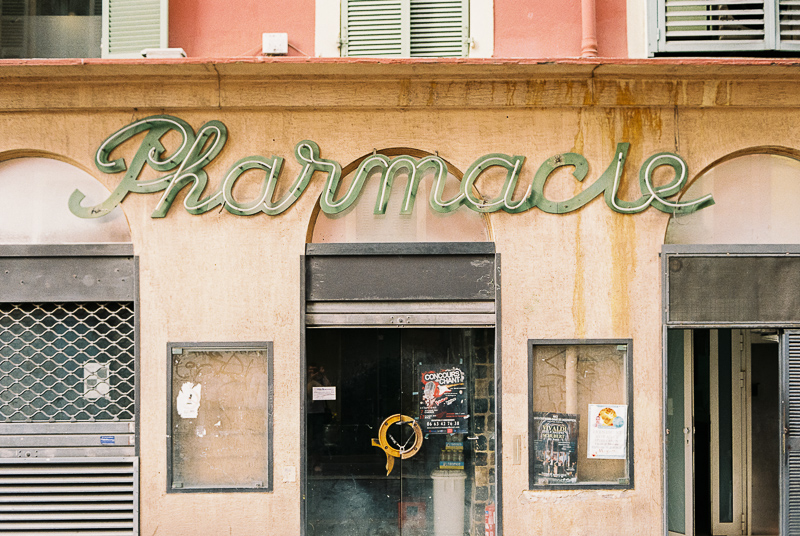
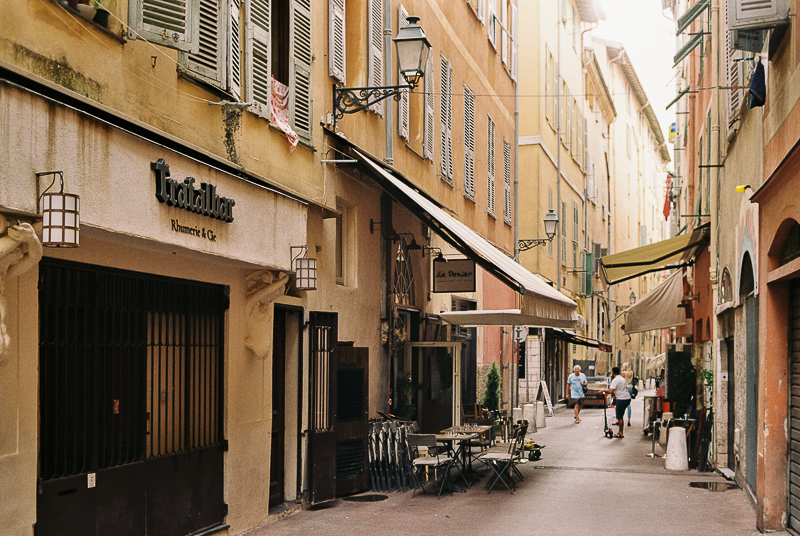
I was trying to focus at the pigeon in the front, but in the end I am happy that at least one is in focus:
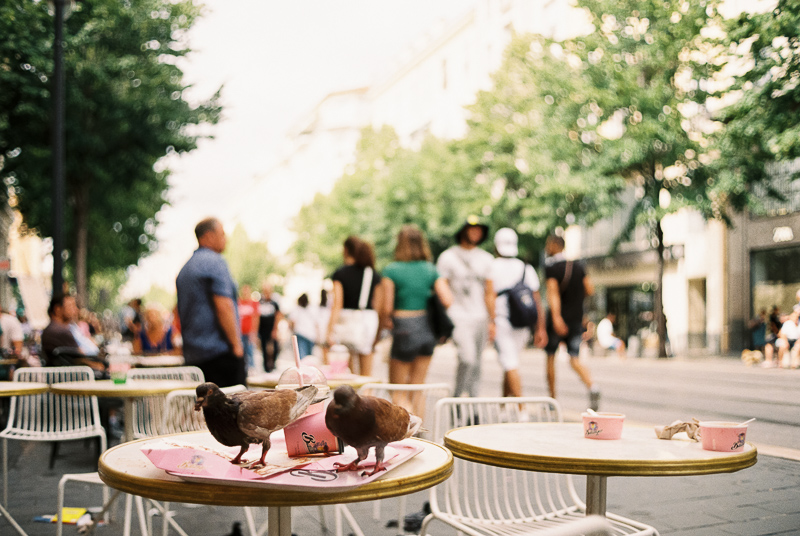
The balcony of our accomodation had quite a nice view, especially at night, so I decided to load the ISO 3200 B&W film here.
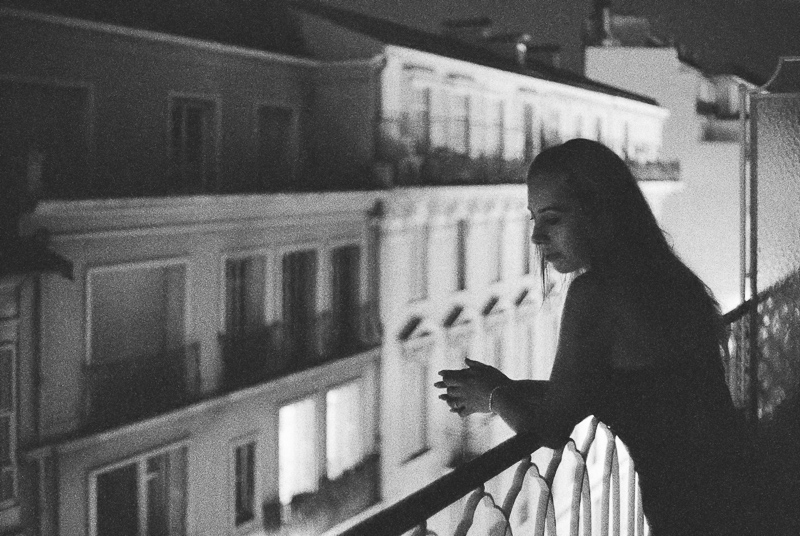
Villefranche sur Mer is a small town but there are some nice corners, I especially liked the church Église Saint-Michel de Villefranche-sur-Mer.
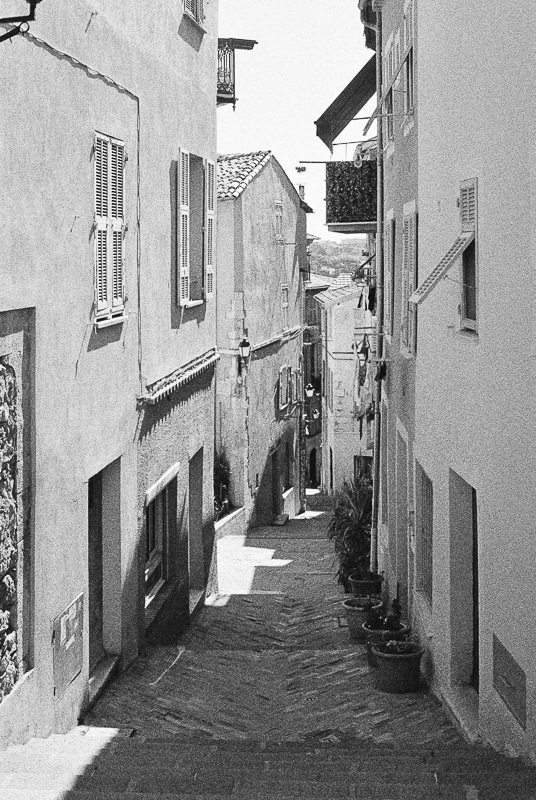
The problem with shooting analogue: your are stuck with the film you loaded. So to be able to shoot with the ISO 3200 film during day hours I used a 3-stop ND filter.
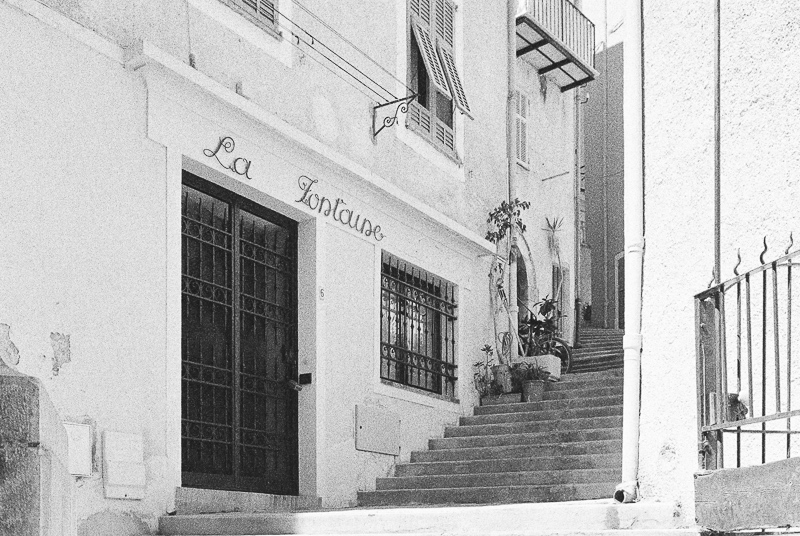
If you plan on visiting these towns in late July or August be aware that it might be impossible to find a parking spot, after finding that out the hard way we travelled to some of these towns by train instead.
Menton is a town we both enjoyed very much. I liked the narrow, car-free alleys, which have been kept surprisingly original…
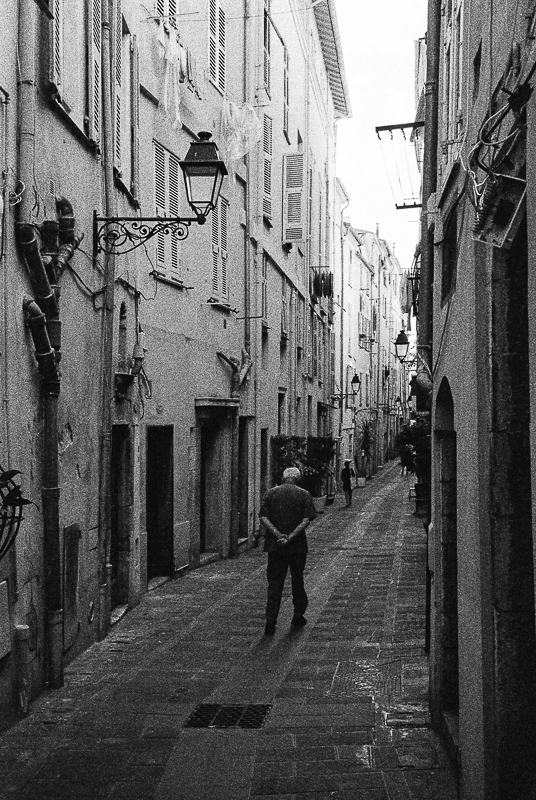
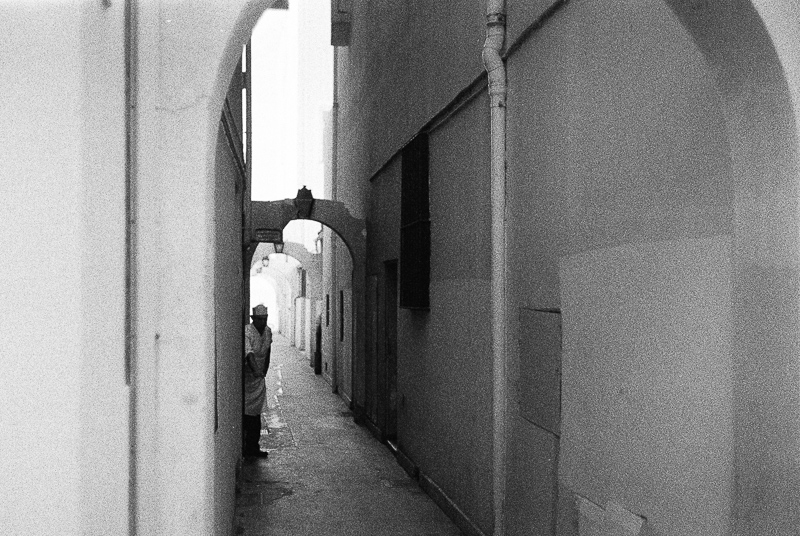
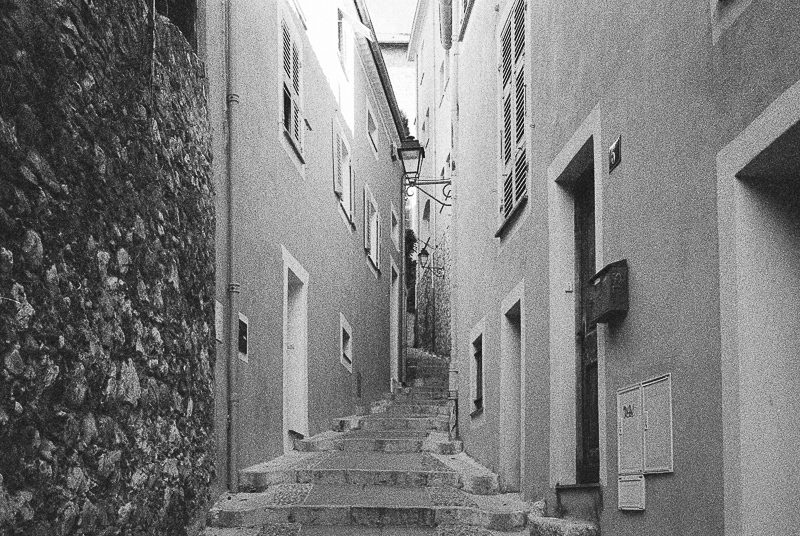
…my wife enjoyed the beach and the view at the town from there.
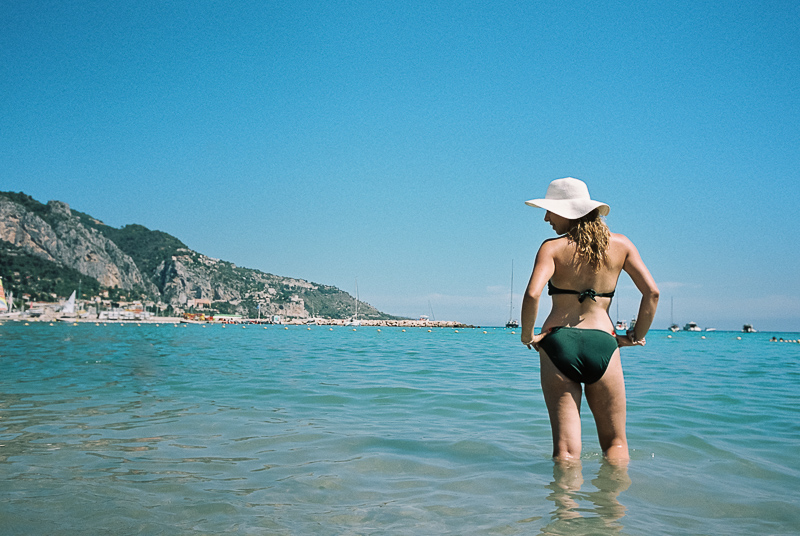
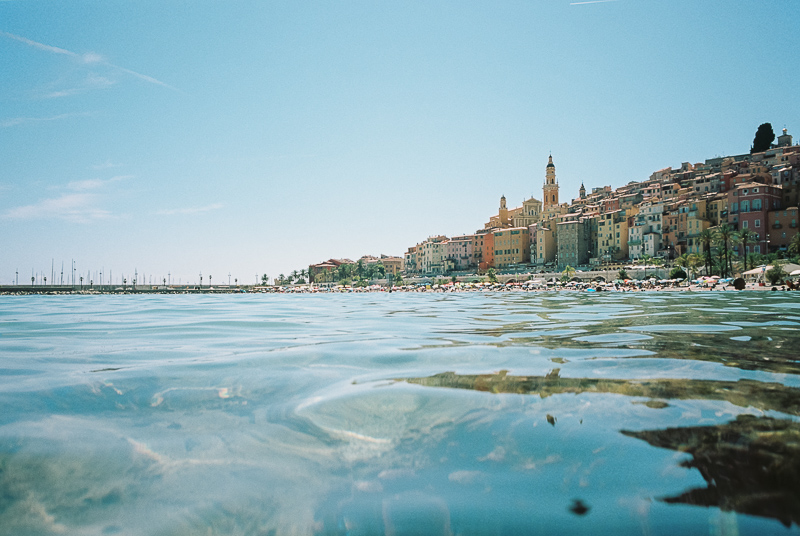
Sainte Maxime and St. Tropez
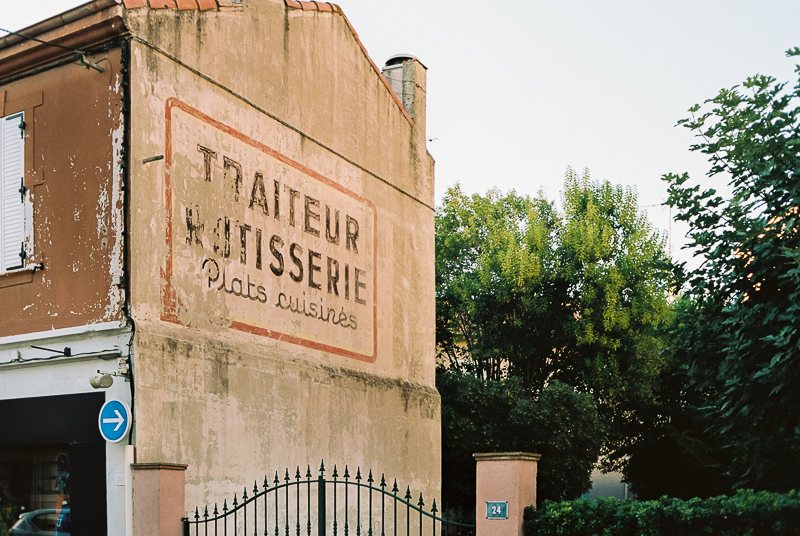
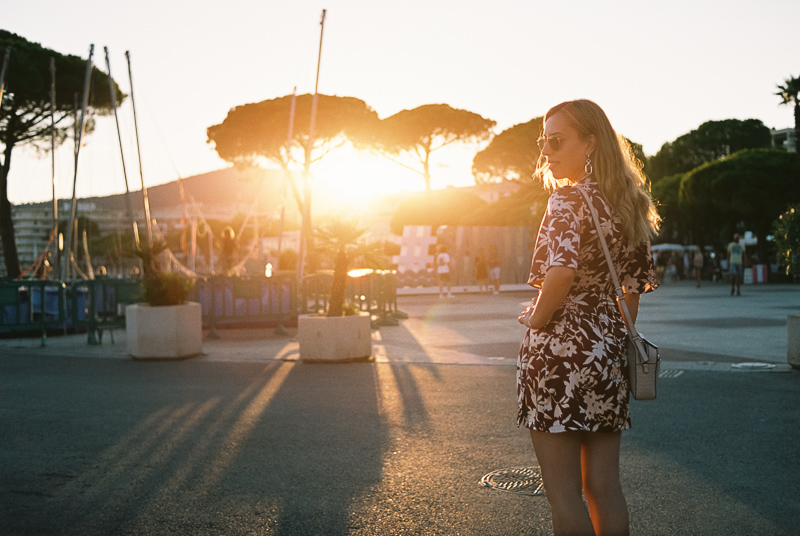
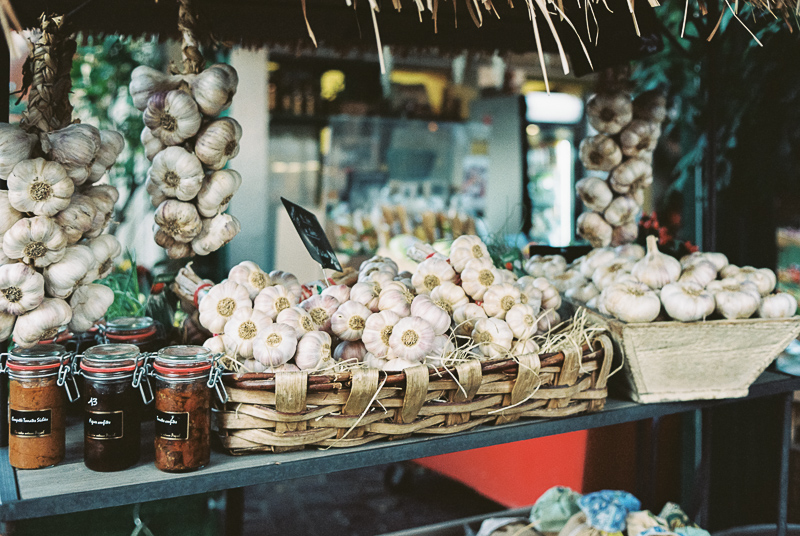
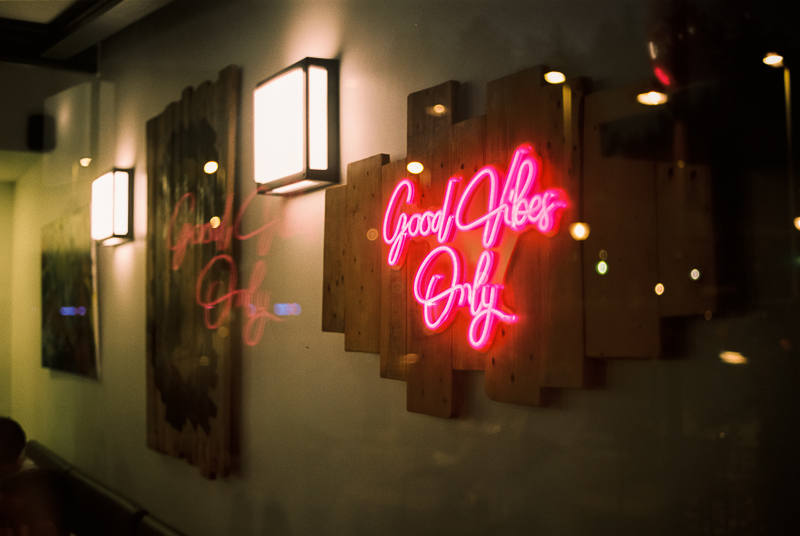
We stayed in the small town Sainte-Maxime as it was way cheaper staying there than in St. Tropez itself. It also has a very convenient ferry connection to St. Tropez which we made use of.
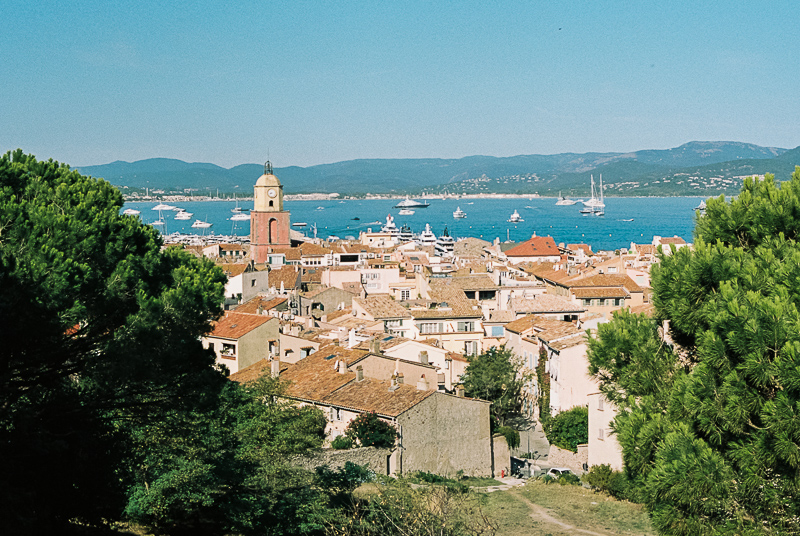
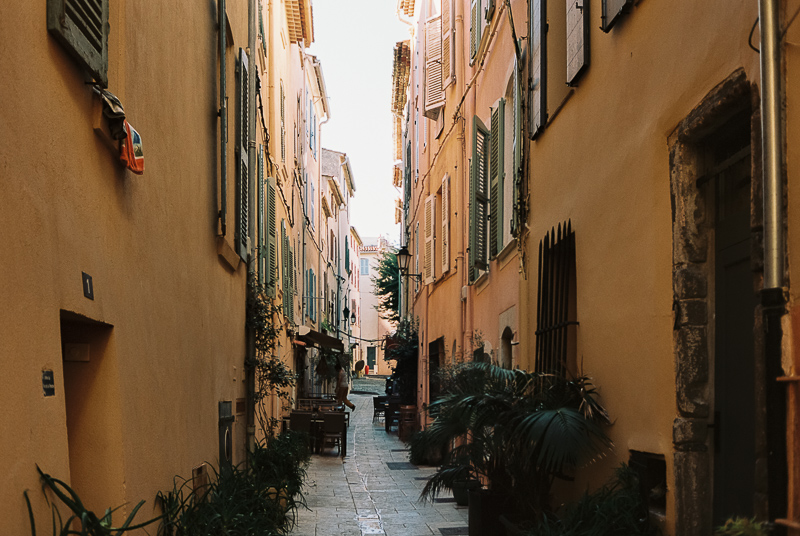
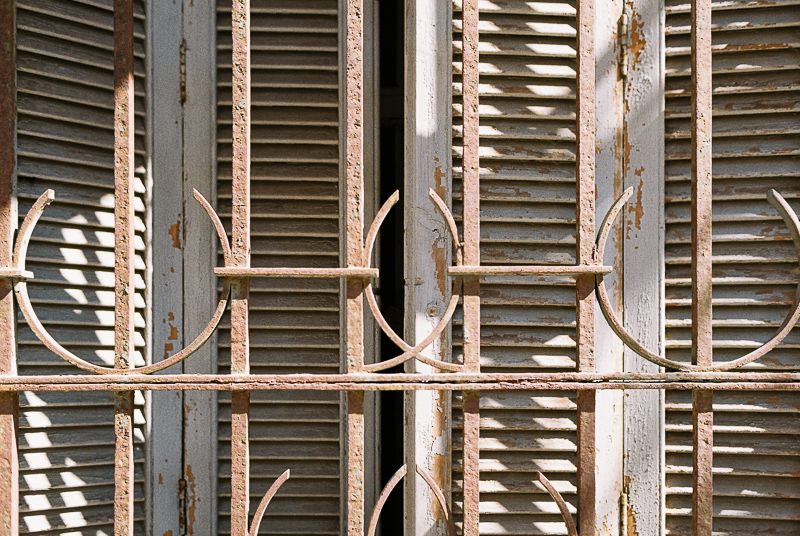
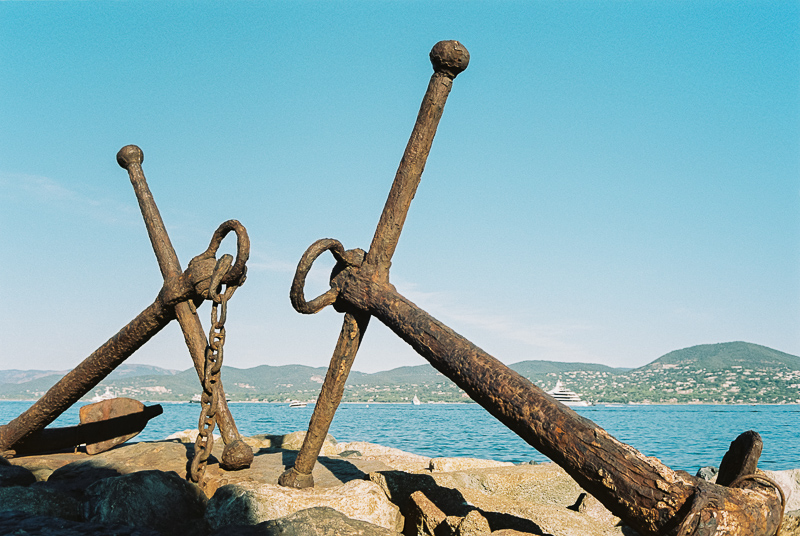
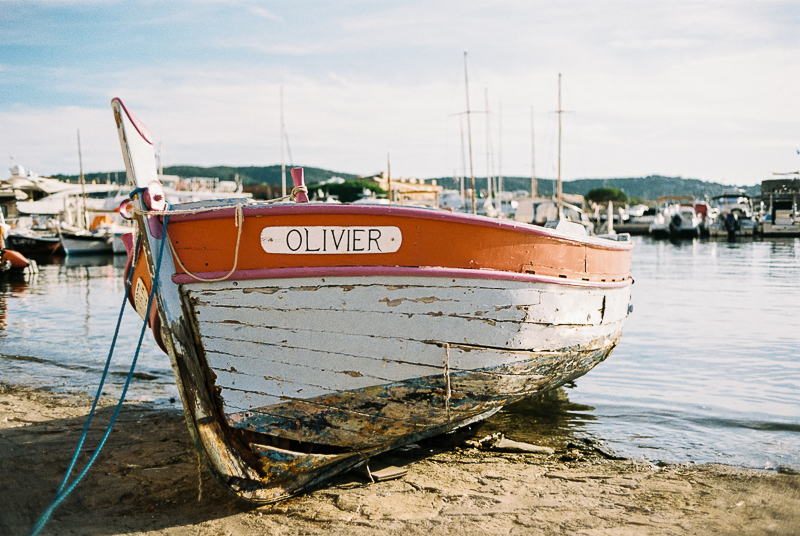
The most famous beach in the St. Tropez area is the Pampelonne beach, but we were visiting the Pearl Beach instead, as it was in walking distance. We didn’t regret going there.
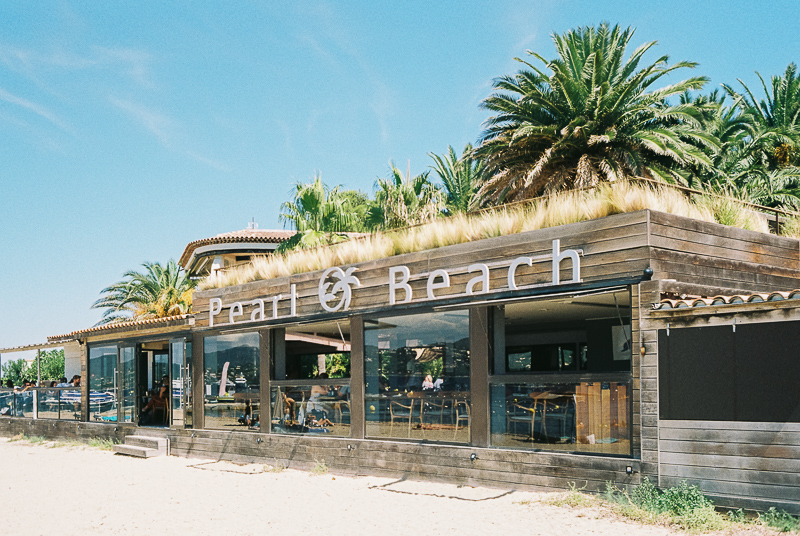
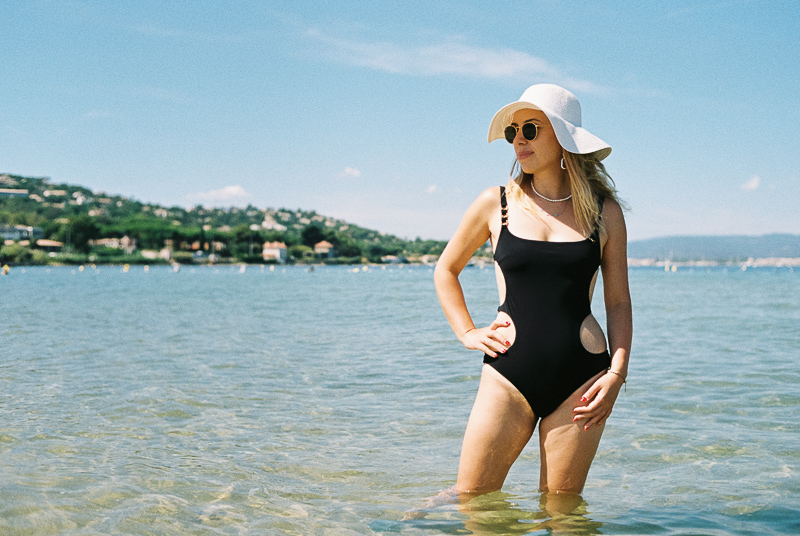
On the way back to town we walked through the harbour area where there was a very nice sunset that day.
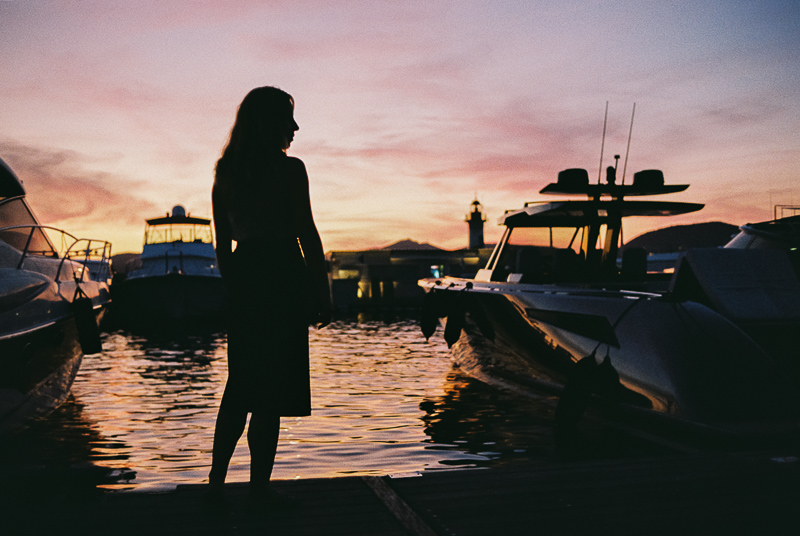
Avignon and L’Isle-sur-la-Sorgue
The last stop was Avignon and also here I greatly enjoyed the architecture and the historical buildings.
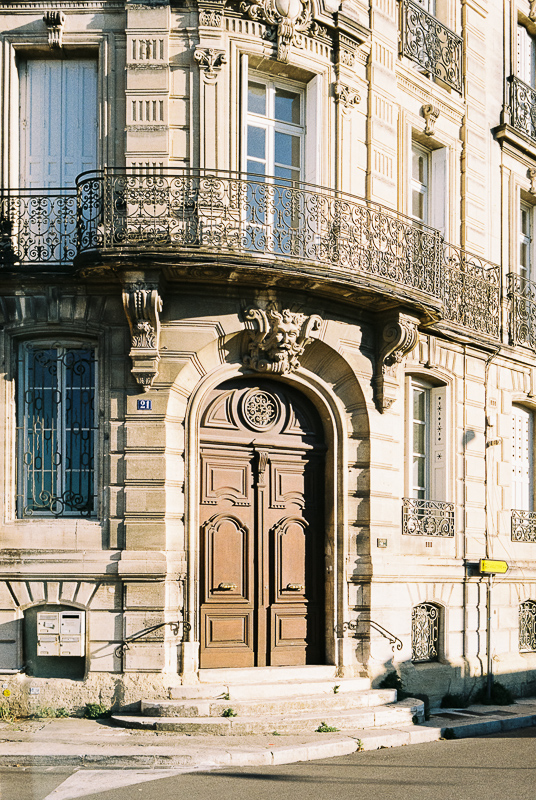
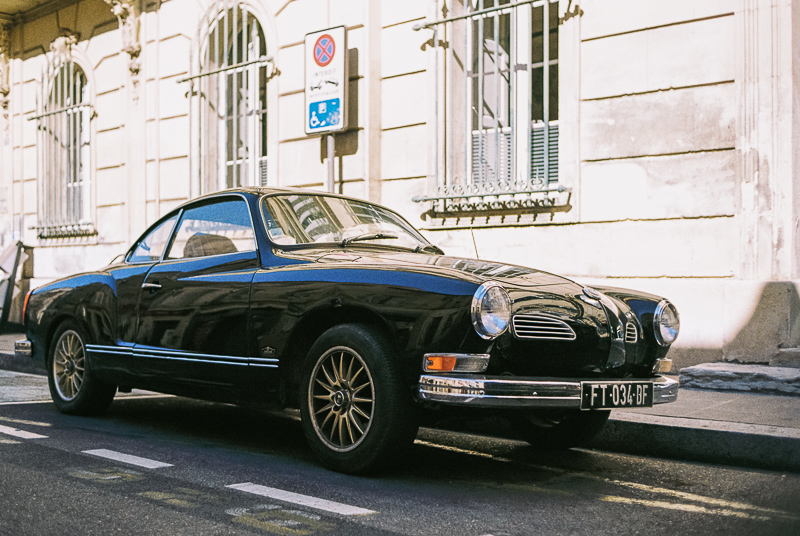
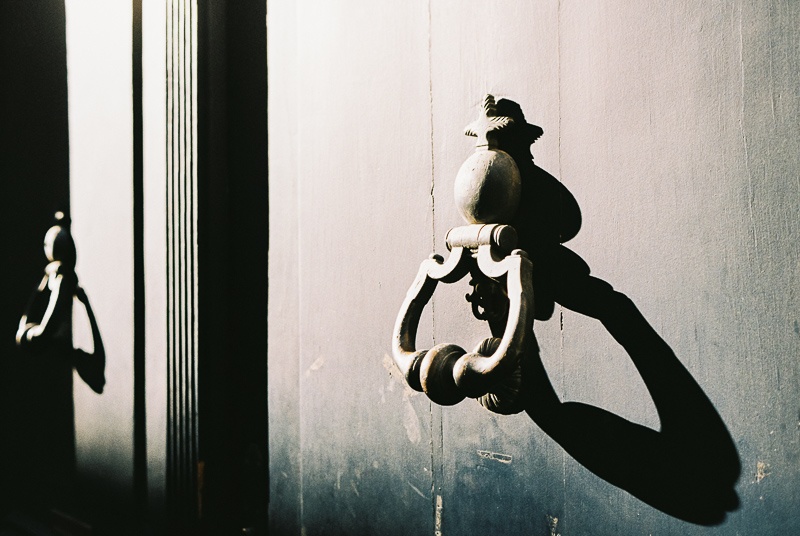
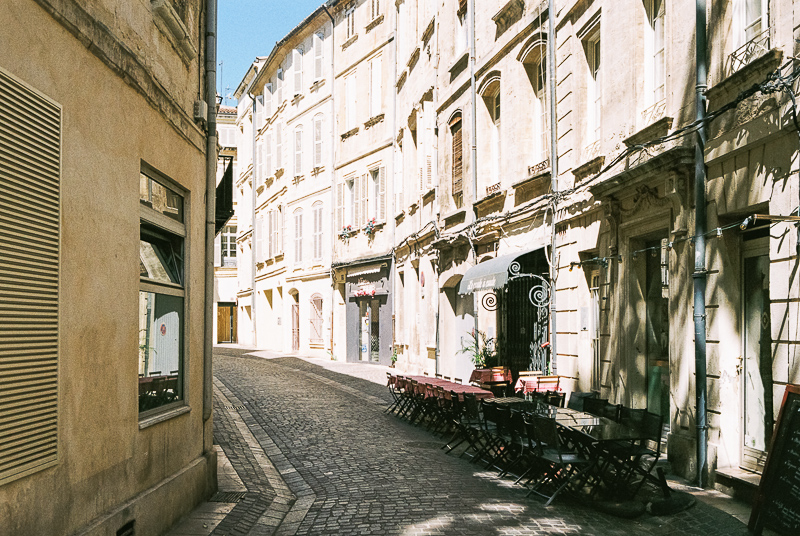
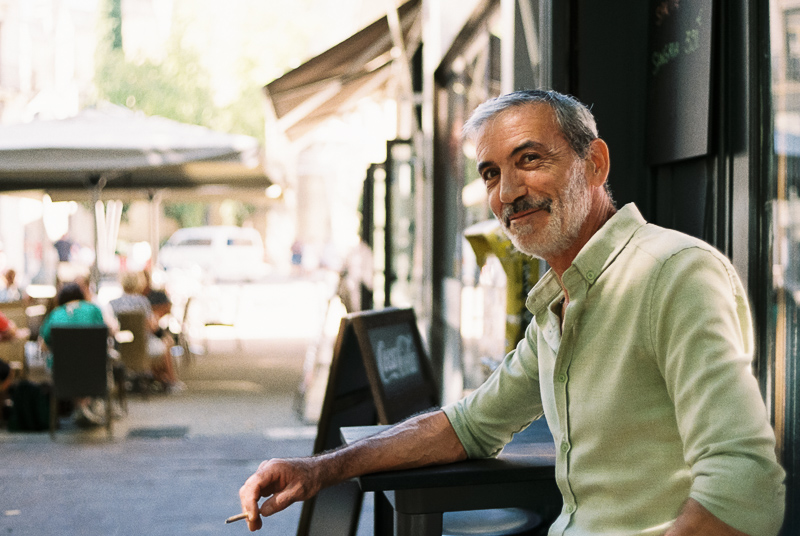
There are also a plethora of small Cafes that look lovely in the evening.
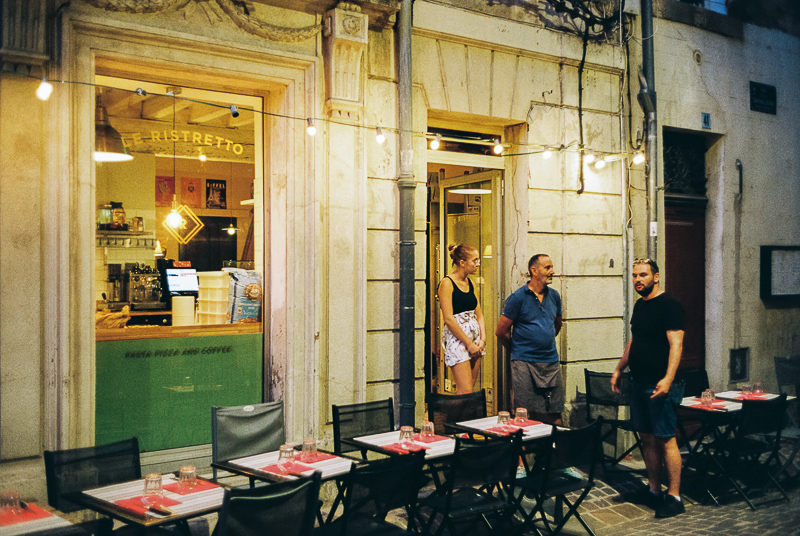
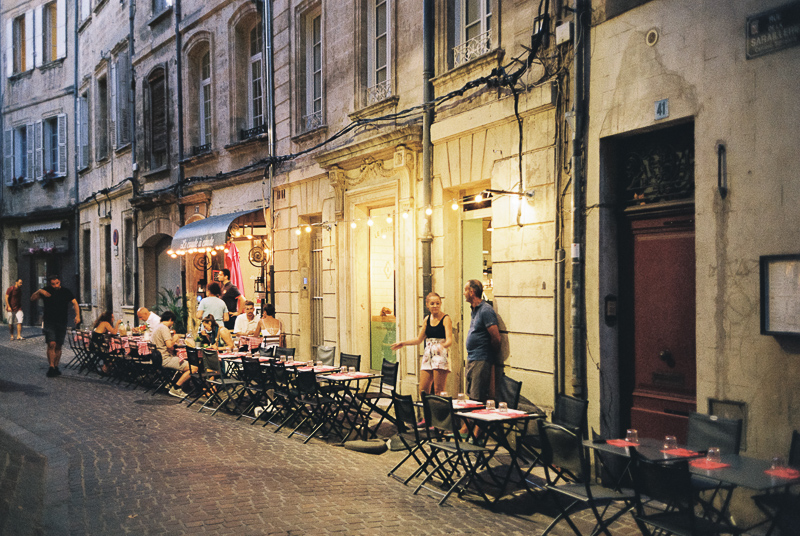
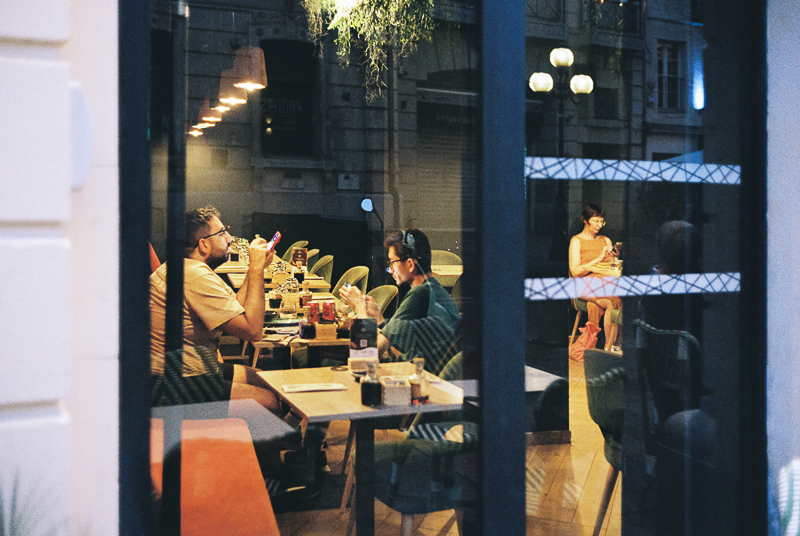
One word of advice: don’t pay the entry fee for the famous Pont Saint-Bénézet. I am a bridge engineer and even I felt being ripped off there. There was an old ferris wheel close by which gave a nice view though:
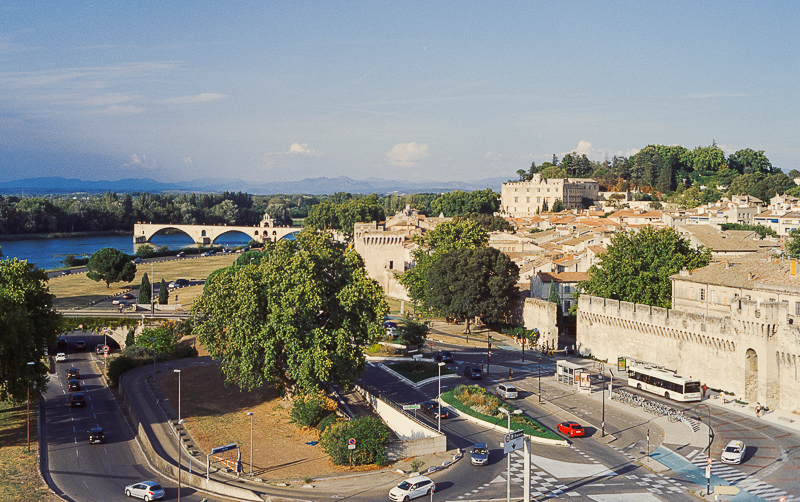
We also did a short trip to L’Isle-sur-la-Sorgue, a small village 25 km from Avignon, famous for its antique shops. I found the prices to be very high – everything I found looks cool was at least 800€ – so I didn’t buy anything there, but it was definitely worth a visit to see (and take some pictures).
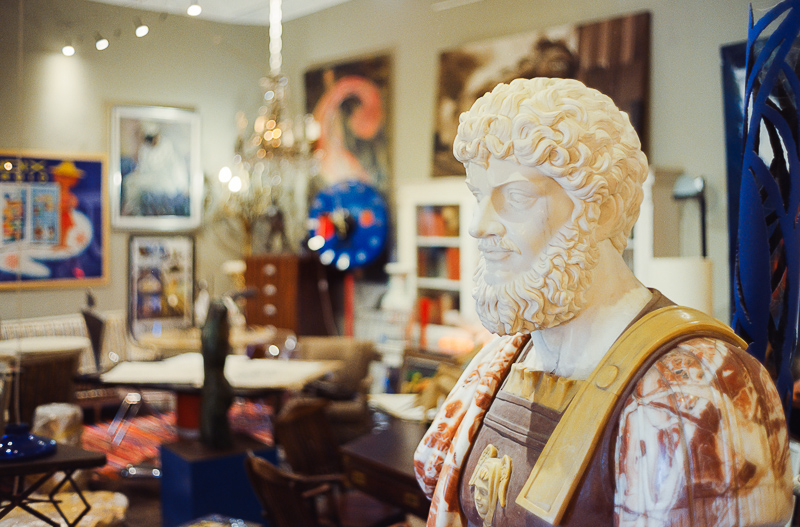
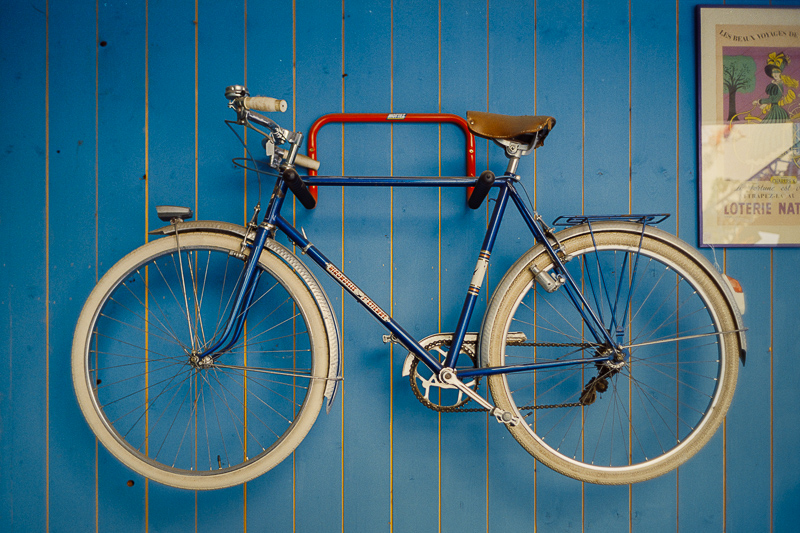
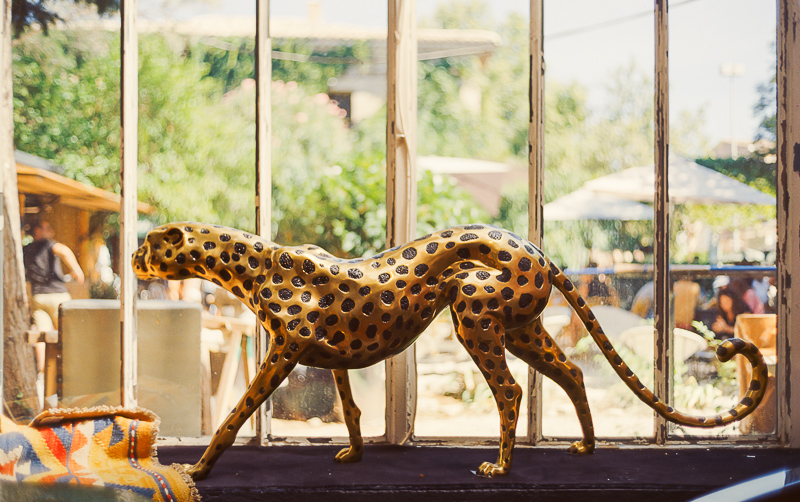
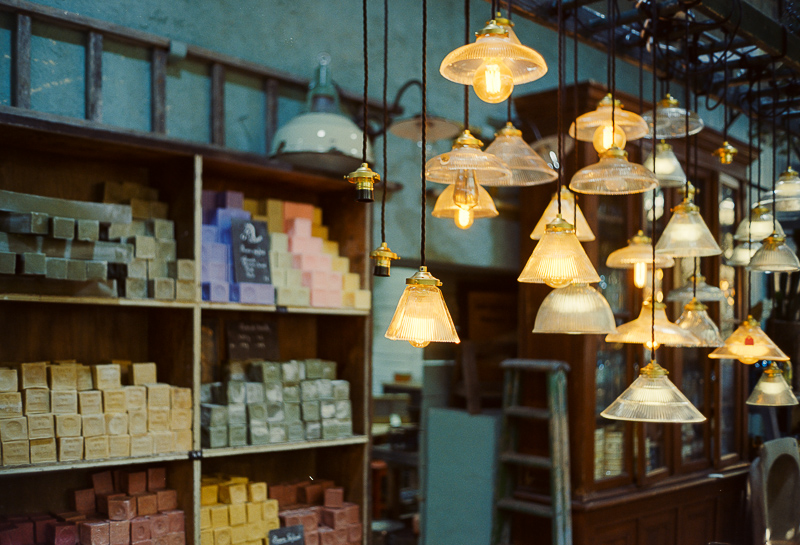
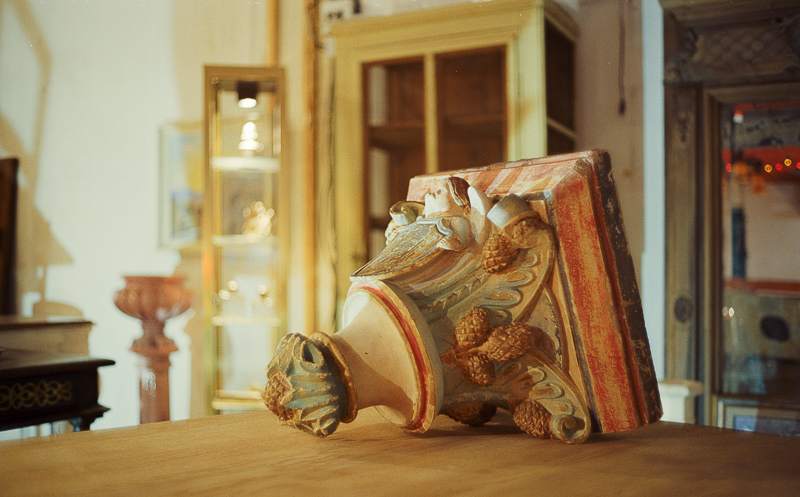
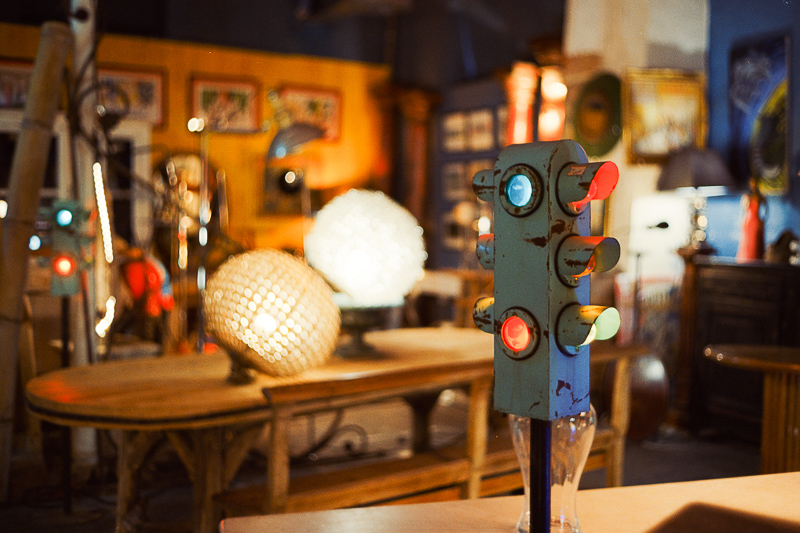
If you have any questions about these places don’t hesitate to ask in the comments section, but I am by no means an expert on southern France having been there only once, so don’t expect too much 🙂
Further Reading
- Analogue Adventures Landing Page
- Leica M lens reviews
- Composition Techniques
- Lens aberrations explained
Support Us
Did you find this article useful or just liked reading it? Treat us to a coffee!
![]()
![]()
![]() via Paypal
via Paypal
Latest posts by BastianK (see all)
- Review: Nikon AF-S 24mm 1.8G - October 7, 2025
- Review: Samyang Remaster Slim 21mm 3.5 | 28mm 3.5 | 32mm 2.8 - October 5, 2025
- Review: Mr. Ding Optics 35mm 1.8 Pactcron - September 28, 2025
Nice collection Bastian! We went on a lavender vacation last summer and the mood/looks were similar. We stayed in a hotel similar to what you’re describing in Quinson. It was a little outside Avignon; Hotel Chateau de Varenne in Sauveterre.
I hope you enjoyed the lavender fields!
For us it was a real pity to see the dried out, empty fields…
Hi Bastian, sure you can change film while the current one is unfinished, just take care of leaving a small bit of film hanging outside of the canister so that you can reload it afterwards into the camera. When you do this, you have to advance the film of the number of shots it already contains (not forgetting to place a cache or cap on the lens!), then one or two more by security.
I am aware I can technically do that (at least with the M6, not so sure about modern film cameras) but it didn’t sound to me like a very practical solution 🙂
Dynax 7/9 and perhaps also latest generation of Nikon/Canon can do that! You just say I want to change film and they’ll spool the current one back to the can leaving the leader out, and then you can insert same film back and tell it to advance to the frame you were left at (just remember frame number!). I do it all the time, typically carrying BW and color films or BW of vastly different sensitivity. This also allows some very creative double exposures, i.e. you stumble upon a motive suitable for double exposure, take a picture of it (remembering/sketching) the composition and then continue shooting until the 2nd half of the puzzle is encountered. You then just advance back to the first frame and complete the double exposure thing. The pinnacle of the Japanese geeky-oriented camera building! (F5/EOS-1 are more for professionals, i.e. better built but lack lots of funny gimmicks I love Japanese cameras for!)
When I was married the first year I visited the same area in france in our first summer holiday and enjoyed it a lot! Thanks for sharing your story!
What a coincidence!
As much as I like your pictures in general, I must say that analogue look appears to work best with your style 🙂
It depends a lot on the genre.
And subject.
And film.
And developer.
🙂
Hi Bastian,
thank you for sharing your photos 🙂 . I enjoy them very much. I started making photos around 1987, and yes with film. There was an even then outdated slide film, that I liked very much, called Kodakchrome, and there was Kodacolor Gold. The skies in your photos, where you used Gold 200, look much like the Kodachrome slide film looked like, and much less like what I woud expect from Kodakolor Gold film. And also some of your Portra skies look also like Kodakchrome. Hence, my question : Is what we see in your great photos what you had in mind when using Lightroom, or is it what is provided by the film?
Best regards Matthias
Hi Matthias,
in these articles I only rarely post pictures with local color adjustments,
so what you see here is what is provided by the film.
That being said the lab also plays a role and you may not get exactly
the same result (= colors) from a different lab.
Best regards
Bastian
Thank you Bastian for the reply.
Every photographer is happy about those anchors in St Tropez 😉